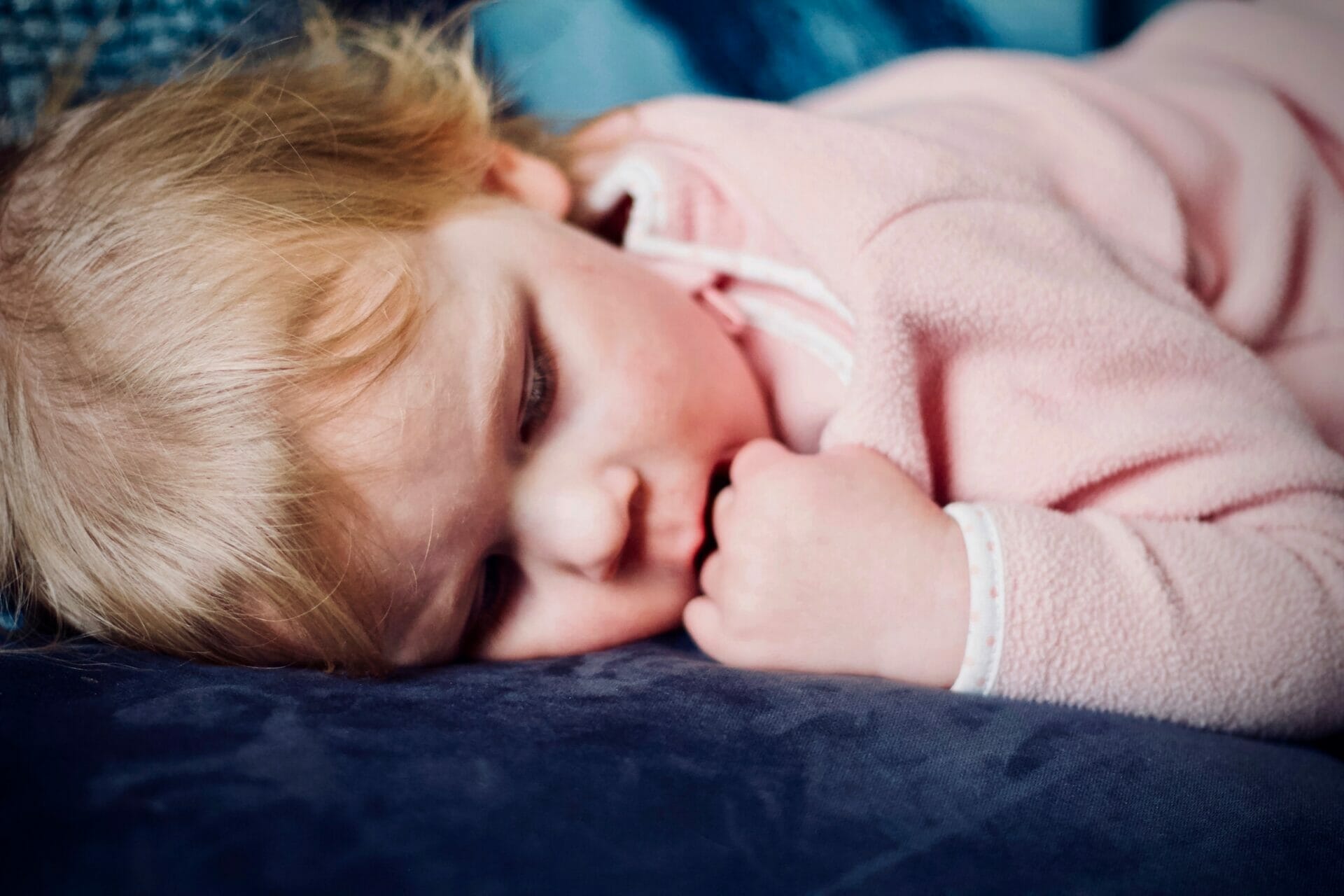Introduction to Melatonin and Sleep Disorders in Children
Melatonin is a hormone that plays an important role in regulating sleep in children. It is released by the pineal gland in response to darkness and helps to regulate the body’s sleep-wake cycle. Sleep disorders in children can be caused by a variety of factors, including neurodevelopmental disorders, autism spectrum disorder, and intellectual disabilities. Studies have shown that melatonin can be an effective treatment for sleep problems in children with neurodevelopmental disorders, autism spectrum disorder, and intellectual disabilities.
Melatonin has been found to reduce sleep onset latency, total sleep time, and sleep disturbances in children and adolescents with neurodevelopmental disabilities and autism spectrum disorder. It has also been found to improve sleep quality, reduce sleep latency, and increase total sleep time in typically developing children and children with ADHD. Studies have also suggested that melatonin may reduce sleep onset latency and improve sleep maintenance in children with insomnia. The safety of melatonin in treating sleep disorders in children and adolescents is well established, and the side effects of melatonin use are generally mild. The dose of melatonin used to treat sleep problems in children varies depending on the type of sleep disorder and the age of the child. Melatonin is often used in combination with other sleep medications to treat primary sleep disorders and sleep disturbances in children and adolescents.
What is Melatonin?
Melatonin is a hormone naturally produced in the body that plays a key role in regulating sleep. It is especially important for children with neurodevelopmental disabilities, autism spectrum disorder, and intellectual disabilities, as they often experience delayed sleep onset, fragmented sleep, and impaired sleep. Studies have shown that treatment with melatonin can significantly reduce sleep onset latency, improve sleep duration, and reduce sleep disruptions.

Using melatonin in children with neurodevelopmental disabilities and autism spectrum disorder can be beneficial in improving sleep parameters. A sleep diary can be used to track sleep behavior and melatonin concentrations, and the timing of melatonin onset can be adjusted to improve sleep onset insomnia. Studies have found that melatonin significantly reduces sleep onset latency and may improve sleep duration in children and adolescents with ADHD.
Melatonin dosage should be adjusted according to the individual’s needs, and long-term effects of melatonin use should be monitored. The role of melatonin in children with neurodevelopmental disabilities and autism spectrum disorder is still being studied, but it appears that melatonin can be a safe and effective treatment for sleep problems.
Effects of Melatonin on Sleep Disorders in Children
Melatonin is a hormone that is naturally released in the body and is known to play a role in regulating sleep. It has been used to treat sleep disorders in children, particularly those with autism spectrum disorder, neurodevelopmental disabilities, and intellectual disabilities. Studies have shown that the use of melatonin can help improve sleep quality and duration in children with severe sleep problems. It has been found to reduce the prevalence of sleep disruptions, restless sleep, and poor sleep.
The action of melatonin is to help the body transition from wakefulness to sleep. It is believed that melatonin helps to reset the body’s sleep phase, allowing for better sleep quality and duration. Studies have shown that taking melatonin can help children with sleep disorders get to sleep faster and stay asleep longer. The dosage of melatonin used in children is typically lower than that used in adults, and the endogenous melatonin production should be taken into account when considering the use of melatonin in children. Melatonin has been found to reduce sleep disruptions and improve sleep quality in children receiving melatonin treatment, and it has been found to be effective in treating sleep problems in children with developmental disabilities.
Sleep Disturbance in Children
Sleep disturbance in children is a common problem that can have a significant impact on their overall health and wellbeing. Children with autism, autism spectrum disorder, intellectual disabilities, and other neurodevelopmental disabilities are particularly vulnerable to poor sleep. Treatment of sleep disturbances in children can involve using melatonin, a hormone that helps regulate the body’s sleep-wake cycle. Melatonin for chronic sleep disturbances in children can be administered in the form of a pill, liquid, or topical cream. It is important to note that melatonin treatment in children should only be used under the supervision of a sleep medicine specialist.
Research has shown that melatonin can reduce the time it takes to fall asleep, increase the duration of sleep, and improve the quality of sleep. It has also been found to increase the amount of REM sleep, which is important for learning and memory. Melatonin metabolism in children is different from adults, so it is important to consult with a sleep medicine specialist to determine the correct dosage and timing of melatonin release. Studies have shown that melatonin reduces sleep disturbances in children with autism and other neurodevelopmental disabilities. Therefore, it is important to consider melatonin treatment in children with sleep disturbances.
Melatonin Treatment for Sleep Disorders in Children
Sleep disorders in children can be a real challenge for parents. It can be especially difficult for children with autism spectrum disorder, intellectual, or neurodevelopmental disabilities. That’s why melatonin treatment for sleep disorders in children is such a blessing. Melatonin is a hormone naturally released in the body that helps regulate sleep. For children with sleep disorders, taking melatonin can help them get the rest they need.
It’s important to note that melatonin for children should only be used under the guidance of a doctor. The dosage and timing of the melatonin release can vary depending on the child’s age and the severity of the sleep disorder. With the right dosage and timing, melatonin can help children with sleep disorders get the rest they need. It’s a safe and effective way to help children with neurodevelopmental disabilities and other sleep disorders get the rest they need.

Conclusion
Children with intellectual and neurodevelopmental disabilities often experience difficulty with sleep.
This can be due to a variety of factors, including difficulty with self-regulation, sensory processing, and communication.
To help address this issue, it is important to understand the role of melatonin in sleep regulation. Melatonin is a hormone released by the pineal gland in response to darkness, and it helps to regulate the body’s sleep-wake cycle. Studies have shown that supplementing with melatonin can help improve sleep in children with intellectual and neurodevelopmental disabilities. It is important to note, however, that melatonin should only be used under the guidance of a healthcare professional, as it can have side effects and interact with other medications. With the right guidance, melatonin can be a safe and effective way to help improve sleep in children with intellectual and neurodevelopmental disabilities.

FAQ’s:
Q1. What is the relationship between melatonin and sleep disorders in children?
A1. Melatonin is a hormone that helps regulate the body’s sleep-wake cycle, and it has been found to be effective in treating sleep disorders in children, including those with intellectual and neurodevelopmental disabilities.
Q2. How does melatonin help children with sleep disorders?
A2. Melatonin helps to regulate the body’s sleep-wake cycle, and it can help children with sleep disorders by promoting the release of melatonin, which helps to induce sleep.
Q3. What are the benefits of melatonin for children with sleep disorders?
A3. Melatonin can help children with sleep disorders by promoting the release of melatonin, which helps to induce sleep. This can help to improve the quality of sleep and reduce the symptoms of sleep disorders.
Q4. What are the side effects of melatonin for children with sleep disorders?
A4. The side effects of melatonin for children with sleep disorders are generally mild and may include headaches, nausea, and dizziness. It is important to speak to a doctor before giving melatonin to a child.
Q5. How much melatonin should children with sleep disorders take?
A5. The amount of melatonin that should be taken by children with sleep disorders will depend on the individual child and should be determined by a doctor.
Q6. Is melatonin safe for children with intellectual and neurodevelopmental disabilities?
A6. Yes, melatonin is generally safe for children with intellectual and neurodevelopmental disabilities, but it is important to speak to a doctor before giving melatonin to a child.
Q7. What other treatments are available for children with sleep disorders?
A7. Other treatments for children with sleep disorders may include lifestyle changes, such as avoiding caffeine and establishing a regular sleep schedule, as well as medications and therapies.



 Introduction To Modafinil
Introduction To Modafinil
